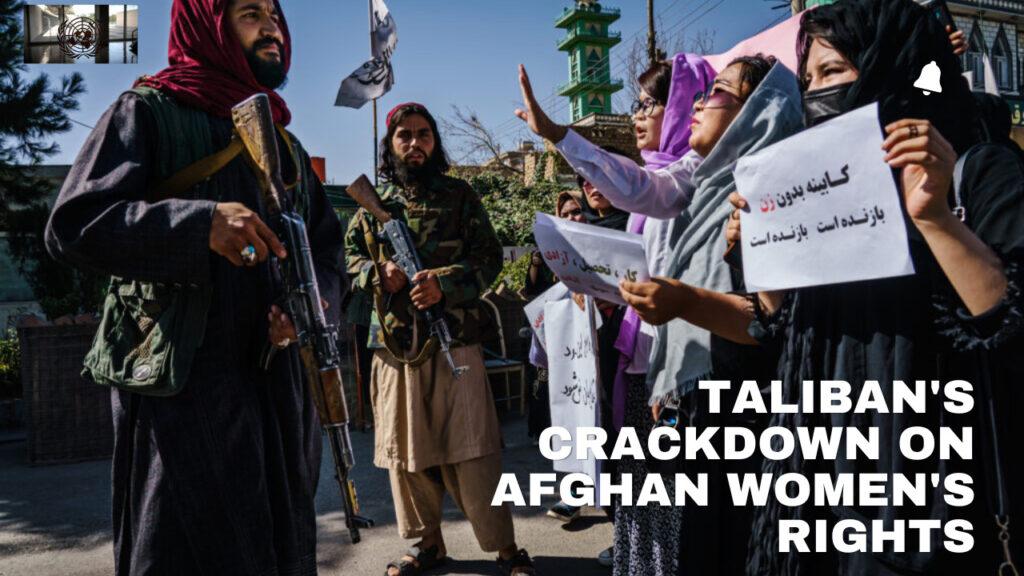The United Nations (UN) has released a report revealing the severe restrictions imposed by the Taliban on Afghan women and girls’ participation in public and daily life. Since the Taliban banned women from working for the UN, those employed by the organization have been facing detention, harassment, and restricted movement. The UN report also highlights the Taliban’s crackdown on dissenting voices, particularly those advocating for women’s and girls’ rights.
Taliban’s Crackdown on Dissenting Voices
The UN report cites several instances of the Taliban’s crackdown on dissenting voices. In March, four women were arrested in Kabul for protesting for access to education and work. Matiullah Wesa, the head of a civil society organization campaigning for the reopening of girls’ schools, was also arrested, and women’s rights activist Parisa Mobariz and her brother were arrested in Takhar province.
Extrajudicial Killings by the Taliban
The UN report also points to the Taliban’s extrajudicial killings of individuals affiliated with the former government. In March, a former police officer was arrested from his home in Kandahar and later shot and killed. During the same month, a former military official was killed by unknown armed men in his house in Balkh.
Disastrous Effects on Afghanistan’s Prosperity, Stability, and Peace
The UN is concerned that these measures will have disastrous effects on Afghanistan’s prosperity, stability, and peace. The agency’s human rights chief, Fiona Frazer, stated that UNAMA is concerned by the increasing restrictions on civic space across Afghanistan. The Taliban previously banned girls from going to school beyond the sixth grade and blocked women from most public life and work. In December, they banned Afghan women from working at local and non-governmental organizations.
UN Criticizes Taliban for Public Executions, Lashings, and Stonings
In a separate report released on Monday, the UN strongly criticized the Taliban for carrying out public executions, lashings, and stonings since seizing power in Afghanistan. The report revealed that in the past six months, 274 men, 58 women, and two boys were publicly flogged in the country. During their previous stint in power in the 1990s, the Taliban carried out public corporal punishment and executions against individuals convicted of crimes.
UN Calls on the Taliban to Halt These Practices
The UN has called on the Taliban to halt these practices and uphold human rights and freedoms. The Taliban foreign ministry responded by saying that Afghanistan’s laws are determined in accordance with Islamic rules and guidelines, and that the majority of Afghans follow those rules.
The UN report highlights the urgent need for the international community to support the human rights of Afghan women and girls and hold the Taliban accountable for their actions. The situation in Afghanistan remains a grave concern, and the world must act to ensure that the human rights and dignity of all Afghans are protected.


